Common Gout Treatments - 10 Ways To Treat Gout
Gout is a painful form of arthritis caused by the buildup of uric acid crystals in the joints. It can lead to inflammation, swelling, and intense pain. Fortunately, there are various treatments available to help manage and alleviate the symptoms of gout. In this article, we will explore 10 common gout treatments that can help you take control of your condition.
Lifestyle Changes
Making certain lifestyle changes can help prevent gout attacks and reduce the severity of symptoms. These changes may include maintaining a healthy weight, exercising regularly, and avoiding foods high in purines, such as red meat, seafood, and alcohol[[1]].

Advertisement
Medications for Acute Gout Attacks
Nonsteroidal anti-inflammatory drugs (NSAIDs) are often prescribed to relieve pain and inflammation during an acute gout attack. Common NSAIDs include ibuprofen, naproxen, and indomethacin[[1]].
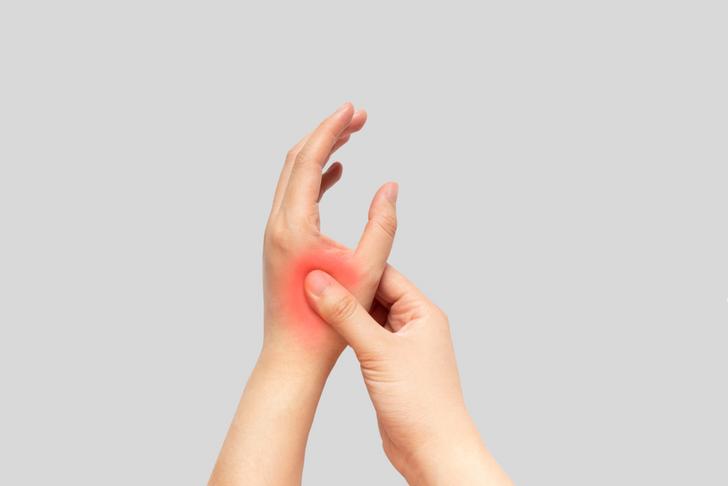
Advertisement
Colchicine
Colchicine is another medication used to treat acute gout attacks. It works by reducing inflammation and is usually taken at the first sign of a gout flare. However, it can cause side effects such as nausea, vomiting, and diarrhea[[1]].
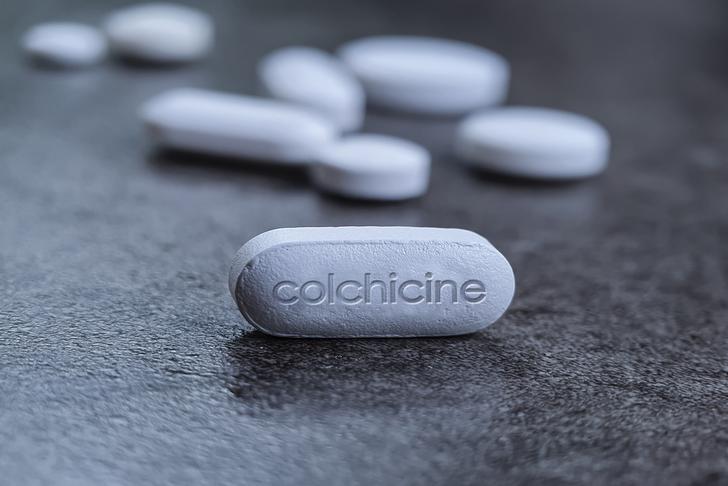
Advertisement
Corticosteroids
Corticosteroids, such as prednisone, can be prescribed to reduce inflammation and pain during a gout attack. They can be taken orally or injected directly into the affected joint[[1]].
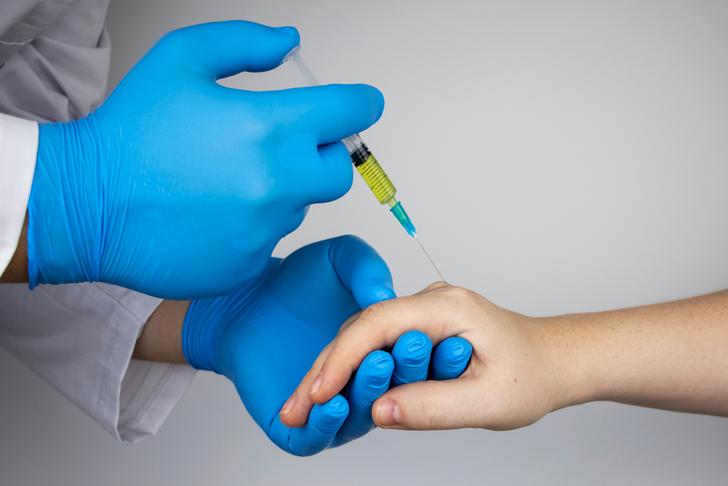
Advertisement
Uric Acid Lowering Medications
Medications that lower uric acid levels in the blood can help prevent gout attacks. Examples include allopurinol and febuxostat. These medications work by reducing the production of uric acid in the body[[1]].
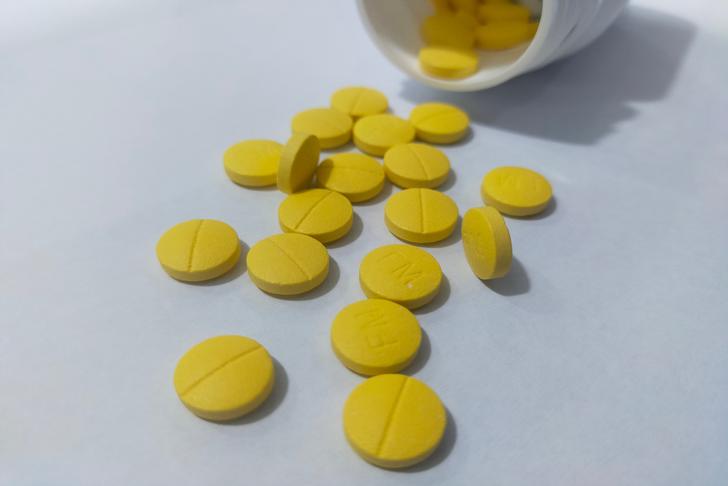
Advertisement
Probenecid
Probenecid is a medication that helps the kidneys remove uric acid from the body. It is often prescribed for people who have difficulty excreting uric acid through their kidneys[[2]].
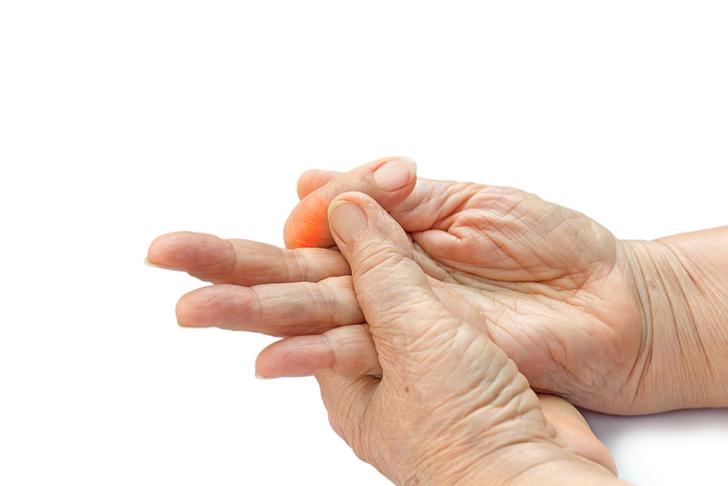
Advertisement
Pegloticase
Pegloticase is an enzyme that breaks down uric acid in the blood. It is used as a treatment for chronic gout in people who do not respond to other medications. Pegloticase is administered through intravenous infusion[[3]].
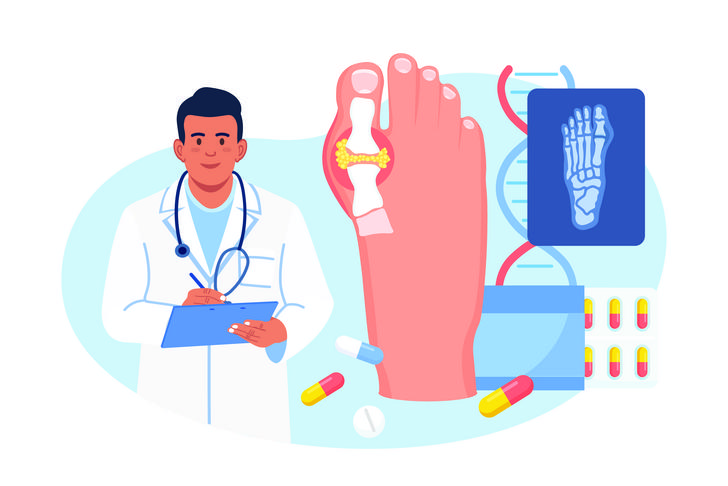
Advertisement
Dietary Supplements
Some dietary supplements, such as vitamin C and cherry extract, may help reduce uric acid levels and prevent gout attacks. However, it is essential to consult with a healthcare professional before starting any new supplement regimen[[4]].
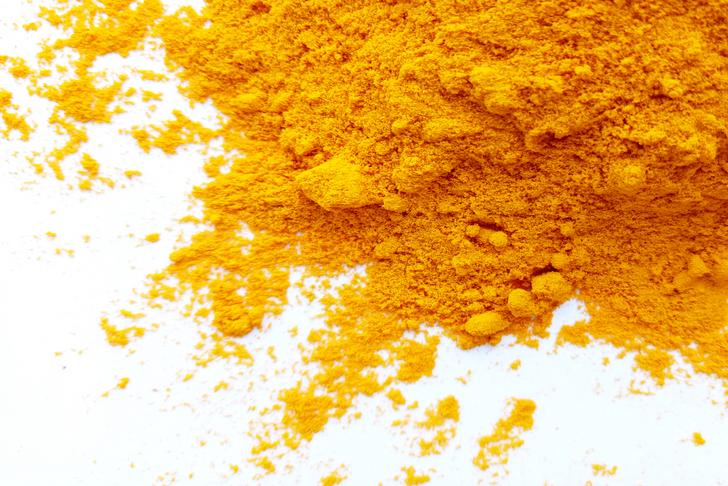
Advertisement
Ice and Elevation
Applying ice to the affected joint and elevating it can help reduce pain and inflammation during a gout attack. This should be done for 20-30 minutes at a time, several times a day[[4]].
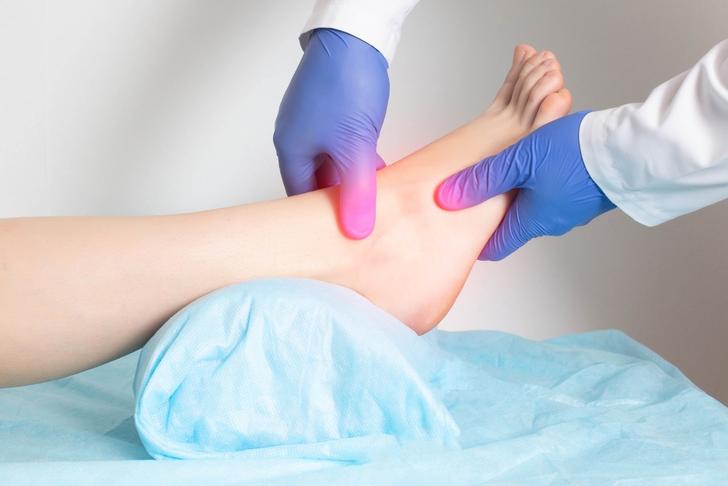
Advertisement
Joint Aspiration
In some cases, a healthcare professional may perform a joint aspiration to remove uric acid crystals from the affected joint. This procedure involves using a needle to withdraw fluid from the joint, which can help relieve pain and inflammation[[4]].
In conclusion, there are various treatments available to help manage and alleviate the pain and inflammation associated with gout. By working closely with a healthcare professional, you can develop a personalized treatment plan that addresses your specific needs and helps you take control of your condition.
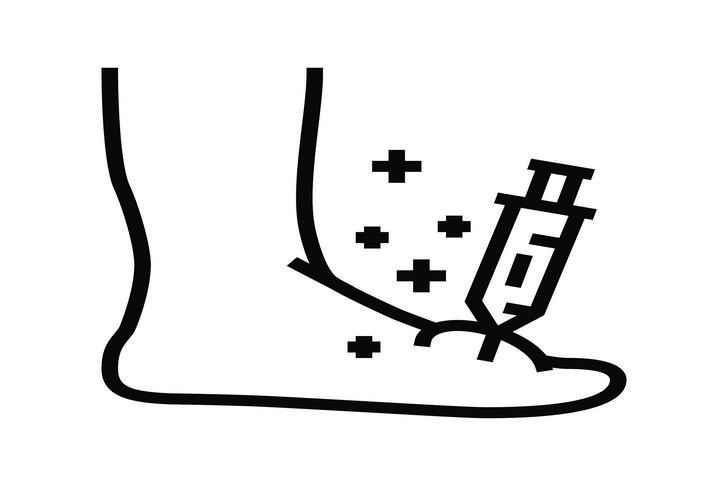
Advertisement





